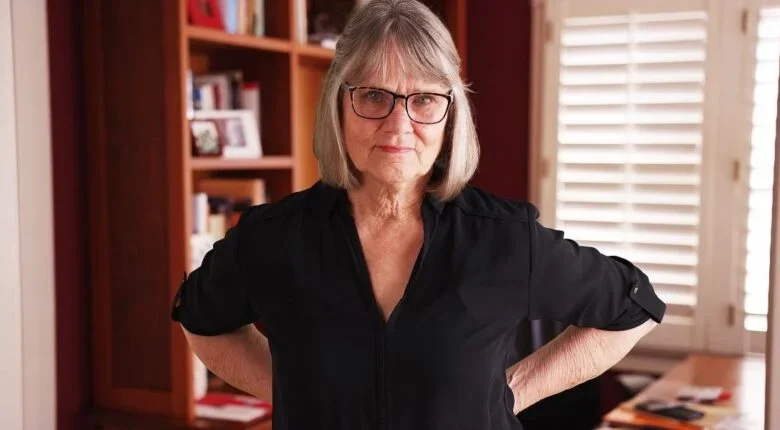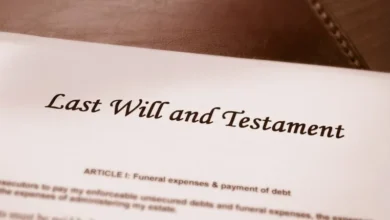
It started with a bizarre accusation: my mother-in-law called to scold me for leaving used pads in her bathroom. I was baffled—I don’t even use them. Things got stranger when my husband reminded me his mother had a hysterectomy years ago. She couldn’t have used them.
Confronting her, she denied everything—until she finally revealed the truth. From behind a door stepped a quiet, pale teenage girl. “This is Natalie,” she said. “My daughter.” My husband had a secret sister he never knew existed. She had been hidden, homeschooled, and unseen for years to protect her from gossip. The pad belonged to Natalie, and rather than reveal her secret, his mother blamed me.
The revelation shattered my husband, but over time, anger softened into connection. Natalie slowly became part of our lives—baking cookies, watching movies, attending school. She grew, found her path, and eventually went to college to study psychology.
A petty accusation had cracked open years of silence and shame, revealing a hidden life waiting to be seen. That secret, once a source of division, became the bridge that brought our family together. Sometimes, the most unexpected healing comes from the strangest beginnings.



